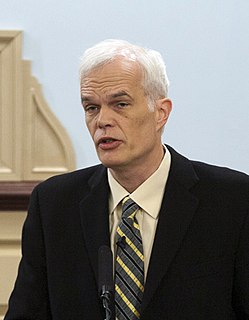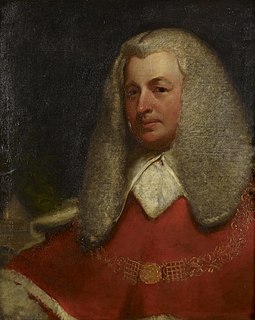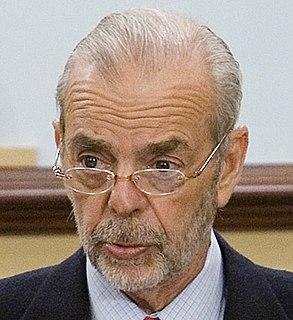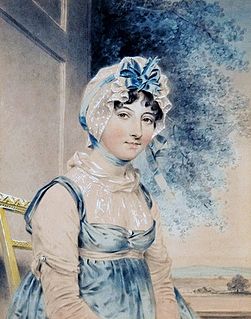A Quote by Thomas Jefferson
It is rare that the public sentiment decides immorally or unwisely, and the individual who differs from it ought to distrust and examine well his own opinion.
Related Quotes
See how he cowers and sneaks, how vaguely all the day he fears, not being immortal nor divine, but the slave and prisoner of his own opinion of himself, a fame won by his own deeds. Public opinion is a weak tyrant compared with our own private opinion. What a man thinks of himself, that it is which determines, or rather indicates, his fate.
All violation of established practice implies in its own nature a rejection of the common opinion, a defiance of common censure, and an appeal from general laws to private judgment: he, therefore, who differs form others without apparent advantage, ought not to be angry if his arrogance is punished with ridicule; if those whose example he superciliously overlooks, point him out to derision, and hoot him back again into the common road.
I am of opinion that national greatness is more for the advantage of private citizens, than any individual well-being coupled with public humiliation. A man may be personally ever so well off, and yet if his country be ruined he must be ruined with it; whereas a flourishing commonwealth always affords chances of salvation to unfortunate individuals.
I think polling is the best way of gauging public opinion - doing something that's independent, that's quantitative, that doesn't give just the loud voices about how things are going; or doesn't give so called experts the notion that they know what public opinion is. I think that's what makes public opinion polling pretty important. Qualitative assessments of public opinion; going out and talking to people and understanding the nuance to what's behind the numbers. I think it's awfully important as well.
Therefore those governing the State ought primarily to devote themselves to the service of individual groups and of the whole commonwealth, and through the entire scheme of laws and institutions to cause both public and individual well-being to develop spontaneously out of the very structure and administration of the state.
The most innocent man, pressed by the awful solemnities of public accusation and trial, many be incapable of supporting his own cause. He may be utterly unfit to cross-examine the witnesses against him, to point out the contradictions or defects of their testimony. And to counteract it by properly introducing it and applying his own.
In the absence of government each man learns to think, to act for himself, without counting on the support of an outside force which, however vigilant one supposes it to be, can never answer all social needs. Man, thus accustomed to seek his well-being only through his own efforts, raises himself in his own opinion as he does in the opinion of others; his soul becomes larger and stronger at the same time.

































